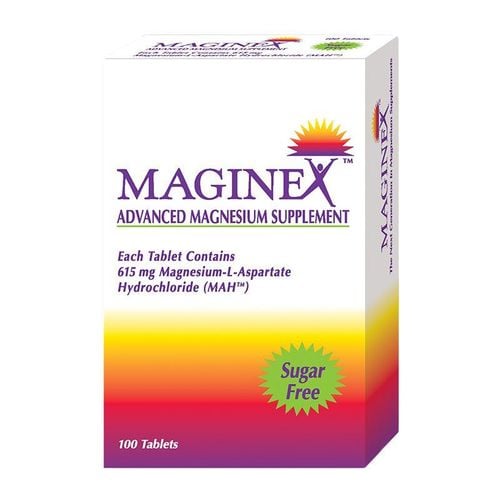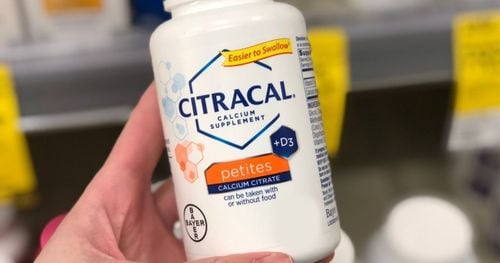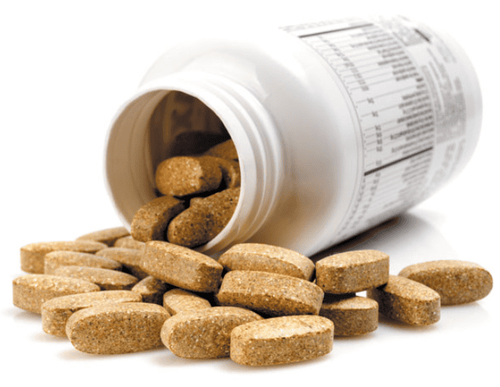This is an automatically translated article.
Micronutrients are substances that the body only needs to add in a small amount, but are indispensable components, playing an important role in maintaining health. Therefore, adequate absorption of micronutrients should be paid more attention at any age.
1. What are micronutrients?
Micronutrients are substances that the body only needs in very small amounts (about less than 100 mg per day) to complete physiological functions and maintain health. important.
Micronutrients will participate in the process of building cells, tissues, respiration, metabolism and excretion of cells, building the body's immune system and many other activities. other motion. Micronutrients are also key components to create hormones, digestive juices, etc., which are essential for the physical and intellectual development of young children.
There are about 90 different types of micronutrients needed by the body including water-soluble vitamins, fat-soluble vitamins and minerals such as iron, zinc, iodine,...
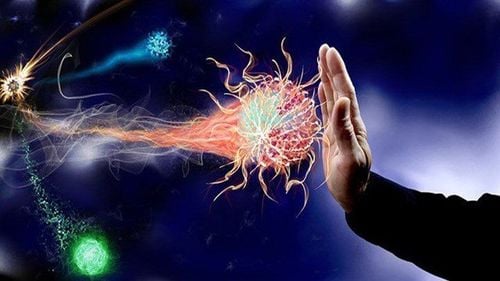
Các vi chất dinh dưỡng có vai trò quan trọng đối với hệ thống miễn dịch của cơ thể
2. Classification of trace elements
Water-soluble vitamins include groups B and C:
Vitamin B1: helps convert nutrients into energy Vitamin B2: necessary for energy production, fat metabolism Vitamin B3: promotes energy production from Food Vitamin B5: synthesize fatty acids Vitamin B6: release sugars from stored carbohydrates for energy and make red blood cells Vitamin B7: metabolize fatty acids, amino acids and glucose Vitamin B9: help cells divide properly Vitamins B12: red blood cell and nervous system formation, brain function Vitamin C: creates neurotransmitters and collagen
Fat-soluble vitamins (A, D, E, K):
Vitamin A: synthesizes rhodopsin in The eye is an important optic nerve transmitter for vision Vitamin D: stimulates the immune system and calcium absorption, bone development
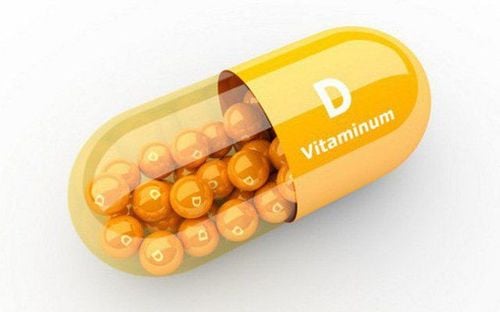
Vitamin D giúp phát triển hệ thống xương ở người
Vitamin E: an important role in the reproductive system, immunity, an antioxidant that protects cells from damage caused by stress Vitamin K: helps the liver synthesize prothrombin, affects blood clotting and helps bone development Macrominerals:
Calcium: structure of bones and teeth, helps support muscle function and blood vessel constriction Phosphorus: structure of bone membranes and cells Magnesium: contributes to more than 300 enzymatic reactions, including Regulates blood pressure Sodium: balances electrolytes and maintains stable blood pressure Chloride: often combines with sodium to help maintain body fluid balance and produce gastric juice Potassium: maintains fluid in cells , neurotransmitters and muscle function Sulfur: is a part of living cell tissue, contained in the amino acids methionine and cysteine
Trace minerals:
Iron: supplies oxygen to muscles and aids in hormone production Manganese: supports carbohydrate, amino acid and cholesterol metabolism Copper: connective tissue formation as well as brain and nervous system function stabilizes the menstrual cycle Zinc : needed for body growth, immune function and wound healing Iodine : a key mineral for thyroid hormone synthesis Selenium : an important mineral for the thyroid gland, reproductive system, immunity and Antioxidants

Khoáng chất vi lượng có chức năng và nhiệm vụ riêng biệt
3. Impact of micronutrients at different concentrations
Cases of micronutrient deficiency:
Vitamin D deficiency due to lack of sunlight. Vitamin B12 deficiency is common in vegetarians due to not consuming foods of animal origin containing this vitamin, elderly people are also at risk of vitamin B12 deficiency due to reduced absorption of the body. Vitamin A deficiency: seen in women and children in developing countries. Iron deficiency: common in young children, menstruating women and vegetarians. Calcium deficiency: common in women over 50 years old. Cases of trace element poisoning: Too much micronutrient supplementation can also lead to trace toxicity. For example, when taking high doses of fat-soluble vitamins (A, D, E, K) they will be stored in the liver and fatty tissues and cannot be excreted from the body like water-soluble vitamins, easily causing excess.
To register for examination and treatment at Vinmec International General Hospital, you can contact Vinmec Health System nationwide, or register online HERE.





